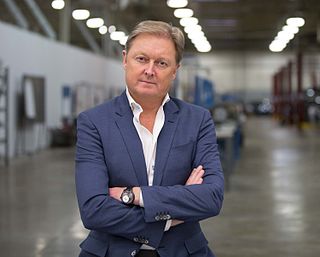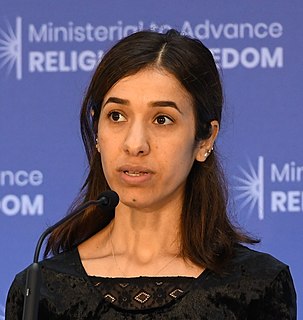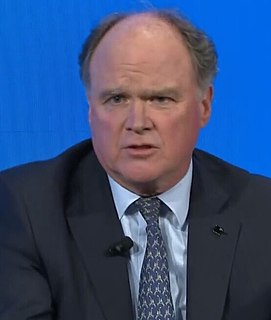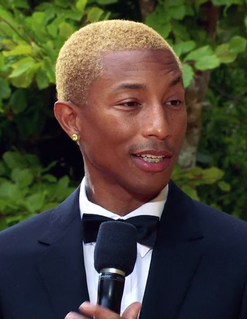A Quote by David Cohen
Deciding whether or not to bring in an outside CEO is one of the most gut-wrenching decisions that a founder will ever need to make.
Related Quotes
The thing that's confusing for investors is that founders don't know how to be CEO. I didn't know how to do the job when I was a CEO. Founder CEOs don't know how to be CEOs, but it doesn't mean they can't learn. The question is... can the founder learn that job and can they tolerate all mistakes they will make doing it?
I will not sleep fine if Donald Trump wins and I will not sleep fine is Hillary Clinton wins. Whether you are looking at nuclear weapons, whether you are looking at expanding wars and their blowback, which will not stop as long as those wars continue to expand, or whether you're looking at the climate, in my view, we have no choice. This is an existential moment. We are deciding not only what kind of world we will have, but whether we will have a world or not. I think it's very important to get outside this box that tells us we are powerless, when in fact, we are powerful.



































